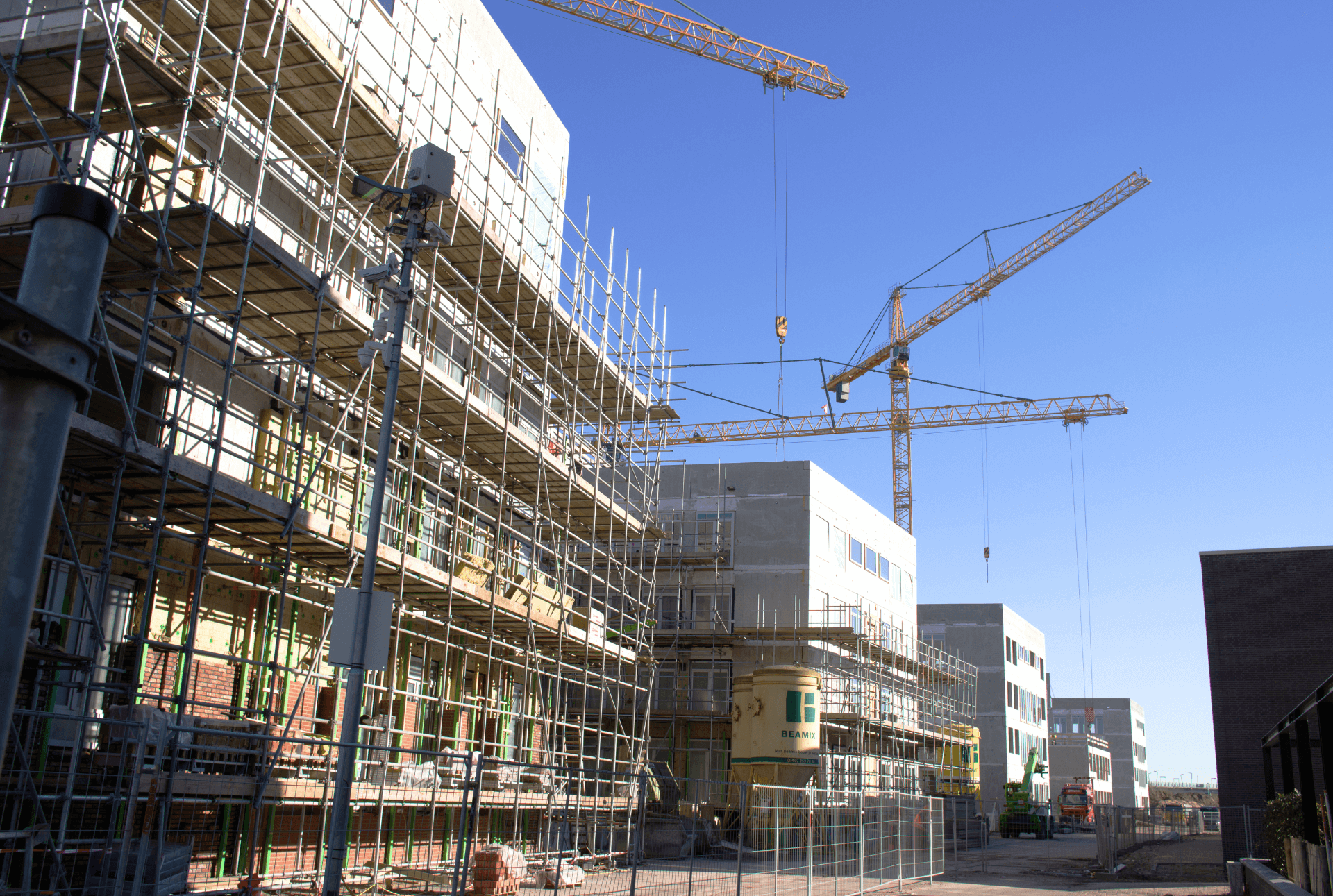If you are in the business of developing land, you are likely aware sub-sales (most often created by the nomination of an alternative transferee by the purchaser) carry a risk of a second set of duty becoming payable to the State Revenue Office.
This is because, in certain circumstances, the Duties Act (Vic) 2000 (‘the Act”) treats the nomination as a second sale of the property, from the purchaser named in the contract to their nominee. The SRO will therefore charge duty on the ‘first transfer’ from the vendor to the named purchaser, and on the ‘second transfer’ between the named purchaser and the nominee. This occurs where the nominee pays additional consideration for the land (they pay the named purchaser a fee for the nomination, or a higher price for the land than the named purchaser agreed to pay the vendor) or where ‘land development’ occurs before the nomination.
It is important to remember these triggers for additional duty apply to nominations made under option agreements, as well as contracts of sale.
Additional consideration
It is important to remember even if the additional consideration paid is minimal, the duty will be charged on the second transaction on its full value, so it will likely attract a higher amount of duty than the sale from the Vendor to the named purchaser. For example, if the original contract price is $1m, and the nominee pays $1.05m (including a $50k premium paid to the original purchaser) there will be a duty assessment for the $1m sale and another assessment for the$1.05m sale.
If the nominee enters into a parallel agreement, this will be considered additional consideration. A parallel agreement is a building contract or other arrangement entered into by a nominee (or an associate of the nominee) before, at the time of, or after their nomination, with the named purchaser. This may occur where a builder enters into a contract to purchase land from a developer, and then nominates another party under that contract on the basis that the nominee signs a construction contract with the named purchaser (builder) to build a home on the land.
Land development
This trigger for additional duty is one which is often misunderstood. Whilst the term ‘land development’ may imply to many that physical works on the land would be required, this is not the case.
Section 3(1) of the Act defines ‘land development’ as follows:
“Land development”, in relation to land, means any one or more of the following—
- preparing a plan of subdivision of the land or taking any steps to have the plan registered under the Subdivision Act 1988;
- applying for or obtaining a permit under the Planning and Environment Act 1987 in relation to the use or development of the land;
- requesting under the Planning and Environment Act 1987 a planning authority to prepare an amendment to a planning scheme that would affect the land;
- applying for or obtaining a permit or approval under the Building Act 1993 in relation to the land;
- doing anything in relation to the land for which a permit or approval referred to in paragraph (d) would be required;
- developing or changing the land in any other way that would lead to the enhancement of its value.
The two paragraphs most likely to be misunderstood, and therefore cause the most significant risk, are paragraph (a) and (f).
In late 2023 the SRO issued Ruling DA-064v2, replacing its previous ruling DA-064. The new ruling is quite detailed and shows that many activities which may have been considered innocuous before, are now considered to be land development by the SRO for the purposes of the Act.
The preparation of a plan of subdivision will be considered as land development under paragraph (a) of the definition. The Act does not require that the plan needs to be drawn with any specific intention, or even any certainty of being able to obtain the necessary planning permits to allow the plan to be registered. Simply having one drawn is enough to satisfy the definition. The SRO states that initial activities undertaken to prepare a plan of subdivision or measures towards registering a plan of subdivision or consolidation under the Subdivision Act 1988 constitute land development, including drafting or re-drafting a plan of subdivision or consolidation, and commissioning a professional review of a plan of subdivision or consolidation for the purpose of amending the plan or preparing a new plan.
The list of items which are not considered land development under the SRO’s ruling is extremely limited:
- Preliminary research and analysis on the market and the area in order to identify the general development potential of the property, including:
- consulting with real estate agents and reviewing sales data
- reviewing and considering any planning scheme zoning, schedules, overlays, and other council/state planning guideline, policy or requirement that applies to the property
- looking into the costs involved in the process of subdividing a property.
- Performing routine property searches or checks against title or an existing plan of subdivision commissioned by another party.
- General and preliminary inquiries about the process for preparing a plan of subdivision or an amendment to an existing plan.
- Informal surveys and measurements of a property.
Paragraph (f) of the definition relates to developing or changing the land in any other way that ‘would lead to an enhancement of its value’. Physical improvements will therefore be caught, although remediation of damage which occurs after the contract was entered into will not, as these maintain value rather than enhance it. There is no requirement that the enhancement in value be material, so a minor increase in value will allow the SRO to apply the additional duty provisions.
The SRO states that activities which do not alter the physical characteristics of the land may amount to land development if they enhance the value of the land, even where those activities do not satisfy the definition under other paragraphs. The examples given are the removal of a restrictive covenant, or removal of the land from a heritage register, or rezoning on the application of any party to the contract, or where any of the parties to the contract made submissions in favour of the rezoning.
The ruling should be read carefully by any developers who enter into contracts on the basis that they will nominate an alternative purchaser. It is always the safest course to nominate your final transferee as early as possible, prior to any activities which may constitute land development occurring.
Danaher Moulton can assist with complex duty matters. If you need any assistance with these matters, contact Dennis Danaher.



